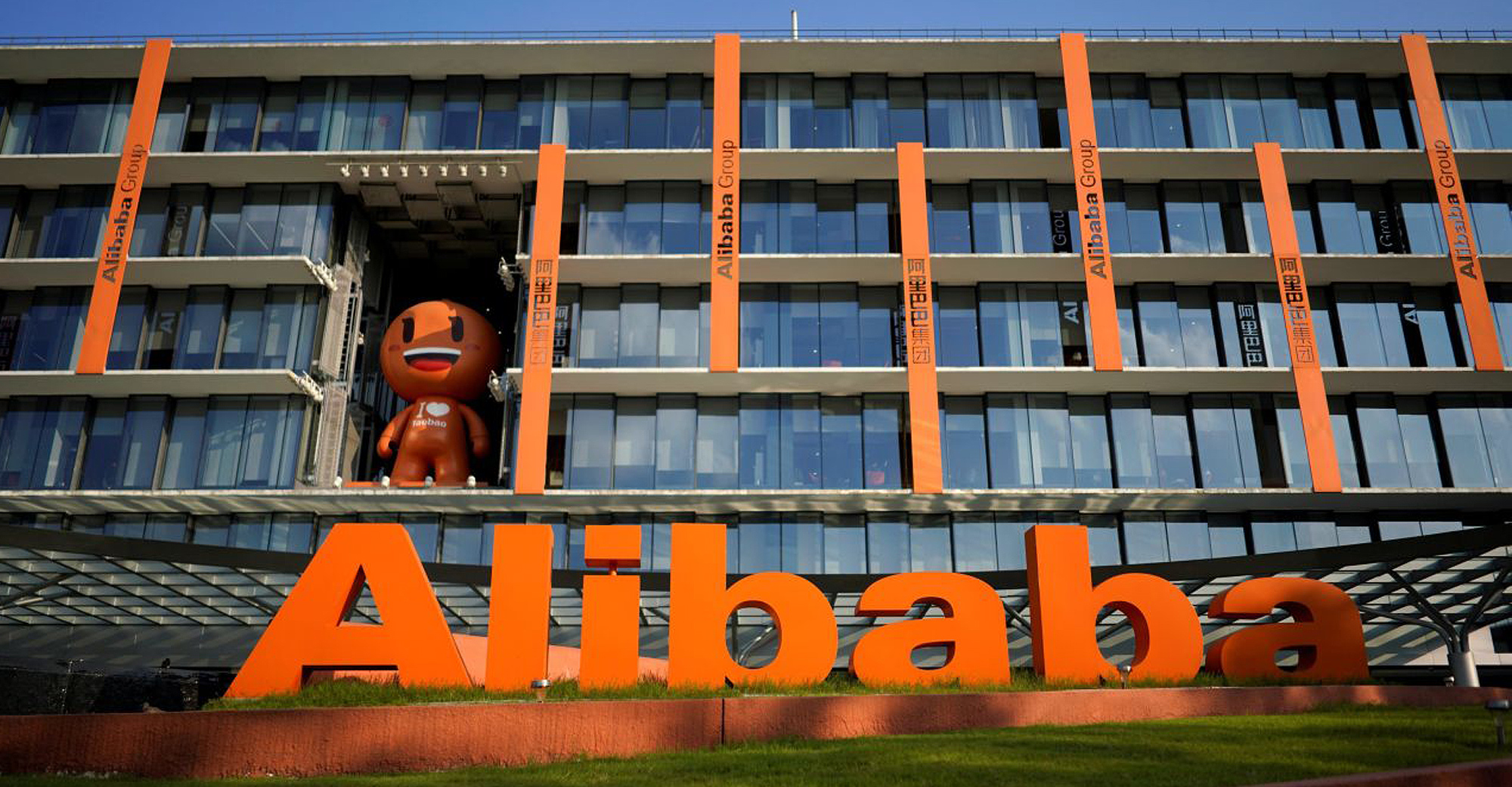China’s leading tech giants, Alibaba and Tencent, recently took a significant step by suspending their AI chatbot services during national exams to maintain academic integrity and curb potential cheating. This move marks an important development in the intersection of artificial intelligence, education, and regulatory control in China’s rapidly evolving digital landscape. This article explores the reasons behind the AI chatbot suspension, its implications for students, educators, and tech companies, and the broader consequences for the future of AI in education.
Background of AI Chatbot Suspension in China’s Education Sector
With the rise of AI-powered chatbots capable of generating human-like text, concerns have emerged worldwide regarding their use in academic environments. In China, Alibaba’s “Tongyi Qianwen” and Tencent’s “HunyuanAide” are among the most advanced AI chatbots deployed in various sectors, including education.
However, the timing of national and regional exams prompted Chinese authorities to intervene. They requested a temporary freeze on these AI chatbot services during exam periods to prevent misuse, such as students leveraging these tools to get unauthorized answers or assistance.
Both Alibaba and Tencent complied promptly, suspending chatbot access during exam times, demonstrating a collaborative approach to upholding exam fairness and educational standards.
Reasons Behind the AI Chatbot Suspension
1. Preventing Academic Dishonesty
One of the primary drivers for the suspension is the fear that students might exploit AI chatbots to cheat during tests. These advanced tools can provide immediate answers or generate essays and solutions, making it difficult for educators to verify authenticity.
The suspension aims to preserve the credibility and integrity of China’s highly competitive exam system, which plays a critical role in academic and career advancement.
2. Addressing Ethical Concerns
The decision also reflects broader ethical concerns about AI usage. Educational authorities want to ensure that AI supplements learning rather than undermines the development of critical thinking, problem-solving skills, and independent knowledge acquisition.
Temporarily suspending chatbot access during exams ensures students rely on their own knowledge and abilities, reinforcing educational values.
3. Regulatory Compliance and Social Responsibility
Alibaba and Tencent’s decision aligns with government directives emphasizing responsible AI deployment and social accountability. China has been actively shaping regulations to govern AI’s rapid growth, aiming to balance innovation with public interest protection.
This proactive step by major tech firms highlights their willingness to cooperate with regulatory bodies and address social concerns related to AI technology.
Broader Implications and Future Outlook
Impact on AI Adoption in Education
The AI chatbot suspension during exams highlights a critical tension between leveraging technology for educational advancement and safeguarding academic standards. While AI has enormous potential to personalize learning, provide tutoring, and increase accessibility, its misuse poses risks that must be carefully managed.
Encouraging Responsible AI Innovation
The suspension episode sends a clear message about responsible AI innovation. Developers and educators must collaborate to create frameworks that encourage AI’s positive contributions while minimizing negative impacts such as cheating or misinformation.
Potential for Enhanced Monitoring Tools
Going forward, AI and education stakeholders may develop smarter monitoring tools or adaptive AI systems that can differentiate legitimate learning assistance from unethical use. Technologies like plagiarism detection, AI usage logs, and exam proctoring software could complement such efforts.
Global Relevance
China’s move resonates globally as countries worldwide grapple with similar challenges. The balance between innovation and regulation is a shared concern as AI becomes embedded in education systems across diverse cultural and policy environments.
Navigating AI’s Role in Education with Caution and Innovation
The recent AI chatbot suspension by Alibaba and Tencent during exams underscores the evolving challenges and responsibilities in integrating artificial intelligence within education. While AI chatbots offer tremendous promise to revolutionize learning experiences, their deployment requires careful oversight to protect academic integrity and ethical standards.
China’s approach — a temporary, targeted suspension — reflects a pragmatic balance between innovation and regulation. For students, educators, and tech companies alike, this episode highlights the need for ongoing dialogue, clear policies, and collaborative solutions to harness AI’s full potential responsibly.
As AI continues to advance, finding the right balance will be essential to ensure technology enhances education without compromising fairness or quality.
Read More






 Friday, 06-02-26
Friday, 06-02-26







